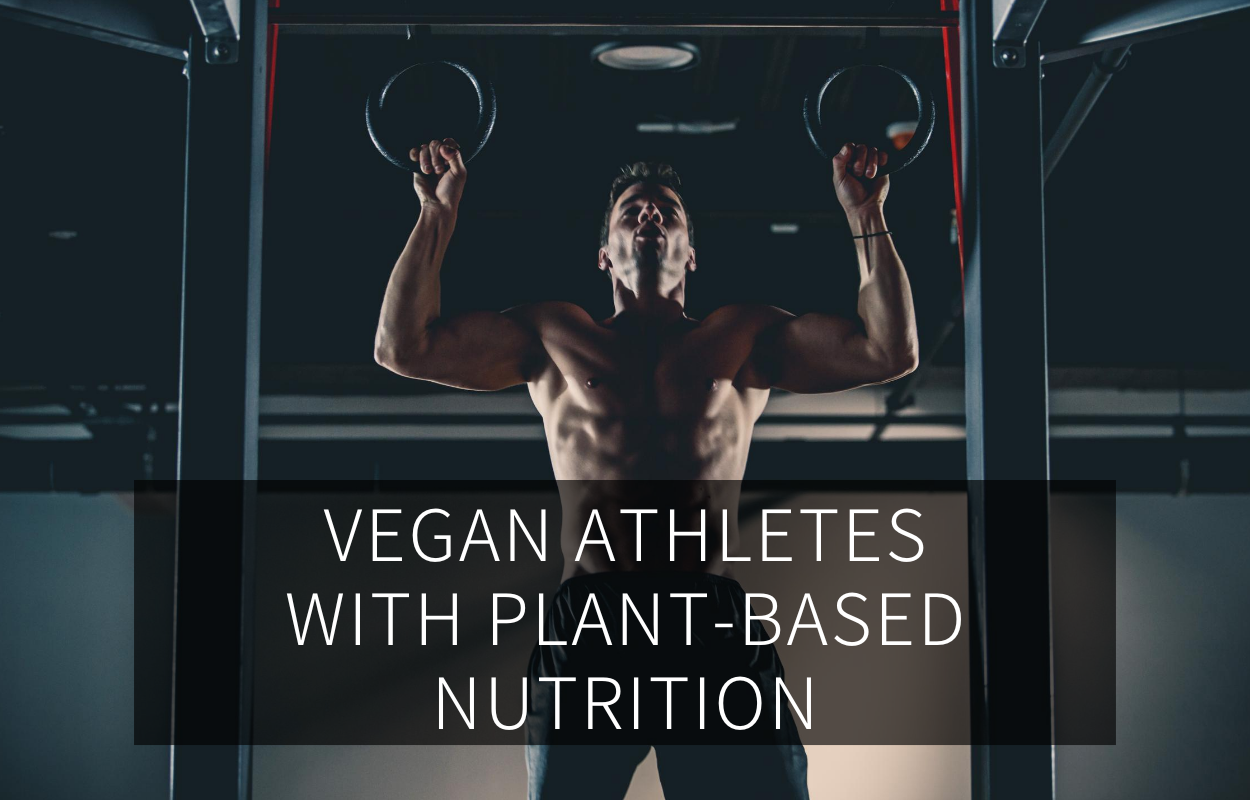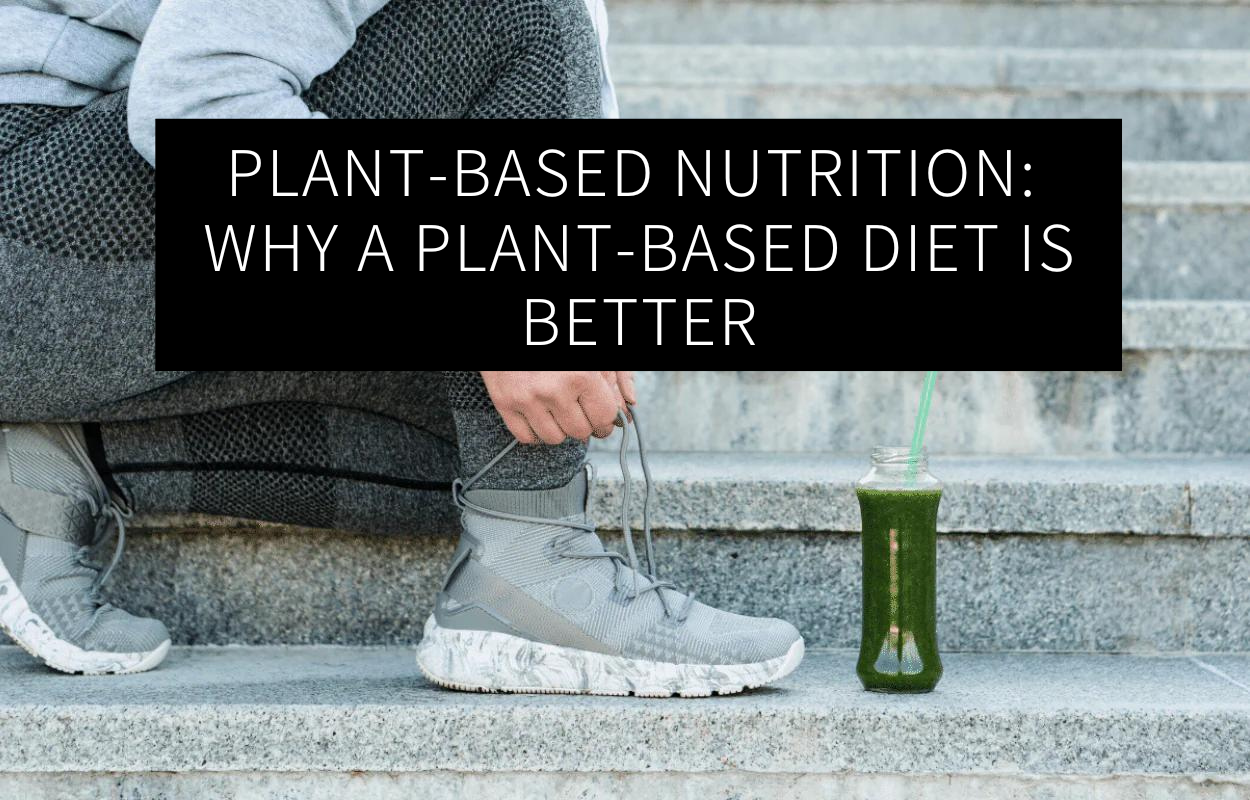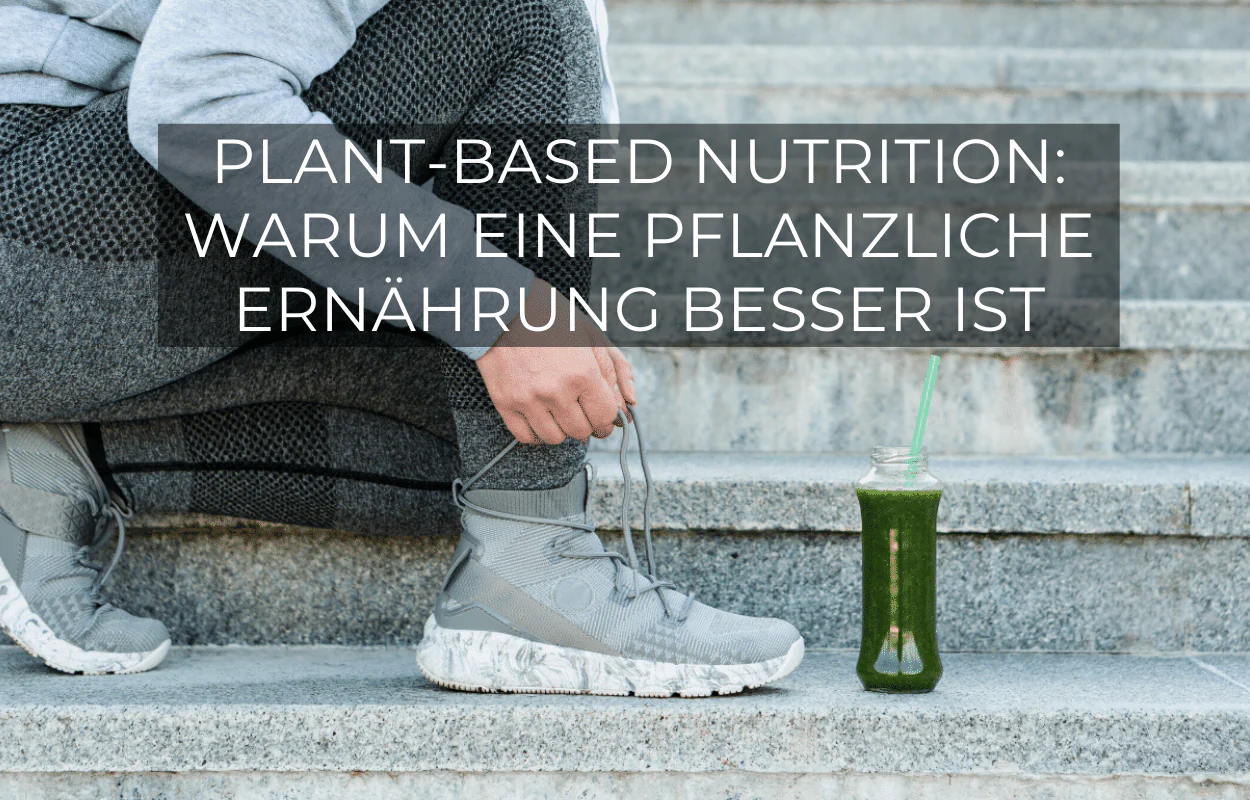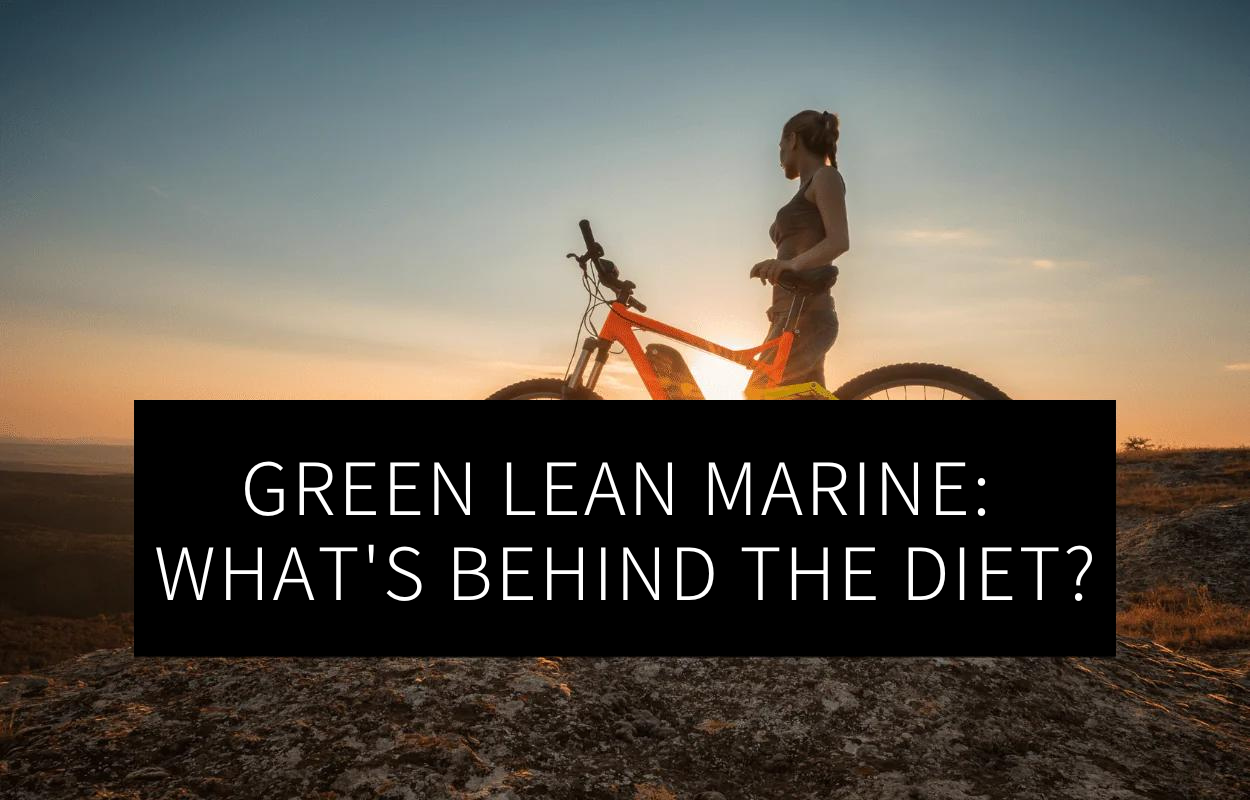More Power through Meat and Milk? Not at all! Many top athletes have already proven that a vegan diet can provide more strength and endurance.
More and more professional athletes are adopting a plant-based diet as they are driven to peak performance by the power of plants. Venus Williams and Dirk Nowitzki are the best proof that vegan power can take you to the top. Even Patrik Baboumian, one of the strongest men in the world and a vegan athlete, proves that you don’t need animal foods to be strong and successful. Do you want to know what’s behind the superpower of vegan athletes? Then you should definitely read this article.
1. Vegan Athletes on the Rise
What used to be ridiculed by many has now become a real movement. Many athletes follow a vegan diet to have more strength in training and competition and to improve their recovery time. The question naturally arises as to why athletes choose to eat vegan and leave meat, fish, and dairy products behind.
If you look around the internet and study the opinions of many vegan athletes, it quickly becomes clear why they follow a plant-based diet. Many report feeling much better and more alert with a vegan diet, thus having more strength and endurance in training and competition. They feel that they can derive their energy solely from food without relying on stimulants.
Venus Williams, Lewis Hamilton, and Dirk Nowitzki have been following a vegan diet for many years and have had an unparalleled career. Patrik Baboumian, one of the strongest men in the world, proves that athletes don’t need to eat meat to be fit and strong. Nevertheless, the myth persists that a vegan diet cannot contribute to peak performance. Why is that?
Perhaps not only our parents but also many advertising claims have contributed to the association of strength and fitness with meat and dairy products. Let’s take a look at the animal kingdom: The strongest and most powerful animals, including rhinos, hippos, giraffes, and elephants, are pure herbivores and real powerhouses. Researchers have now found that vegan athletes live much healthier lives, not to mention the environmental aspect that speaks for a vegan diet.
2. Vegan Power with Plant-Based Nutrition
Many people report feeling better and having more energy with a vegan diet. Perhaps you have also experienced the benefits of a vegan diet and have been feeling better since the dietary change.
Simply giving up meat can already have a significant impact. Many athletes report feeling tired and lethargic from consuming meat and far from being fit. Giving up meat is certainly one of the greatest advantages of a vegan diet. Meat is very heavy to digest, which can cost a lot of energy and make you feel tired and sleepy. Below, we’ll reveal the advantages that plant-based nutrition can have for athletes (and also for biohackers).

3. Vegan Athletes Eat „Plant-Based“ – These Are the Advantages
# 1 Balanced Nutrition
A vegan diet offers an optimal balance of proteins, carbohydrates, and fats, as vegans usually eat whole and varied foods. Proteins are obtained not from meat but from plant-based protein sources such as tofu, legumes, quinoa, or tempeh. These plant-based foods not only contain protein but are also rich in micronutrients, thereby increasing nutrient intake.
# 2 Good Digestibility
Vegan athletes usually have no problems with digestive issues. While meat and dairy products can be difficult for the digestive system, a plant-based diet is rich in fiber, which keeps your digestion active and can improve nutrient absorption.
# 3 Vegan Power
Did you know that your body can digest plant-based foods better than animal-based foods? This is especially true for fruits, which are a quick source of energy that can be easily converted into glucose. Fast-acting carbohydrates can be beneficial during a marathon when you need a quick energy boost to maintain your performance.
In general, vegan athletes prefer complex carbohydrates, such as oats, which consist of complex carbohydrates. They are slowly broken down and provide your body with long-lasting energy without raising insulin levels. As for protein intake, vegans need not worry about any disadvantages.
On the contrary, plant-based proteins, such as hemp, rice, and pea protein, are true powerhouses for your muscles. They provide a balanced profile of essential amino acids that you can complete by combining different plant proteins (such as pea and hemp protein).
Moreover, vegan athletes know how to combine various protein-rich foods to optimize the utilization of protein by the body. The best combinations include:
- Grains and legumes
- Grains and tofu
- Legumes and nuts
These combinations can contribute to improving protein intake. Many athletes replace conventional grains with pseudocereals like quinoa, amaranth, and buckwheat, which are blessed with many amino acids and high protein content.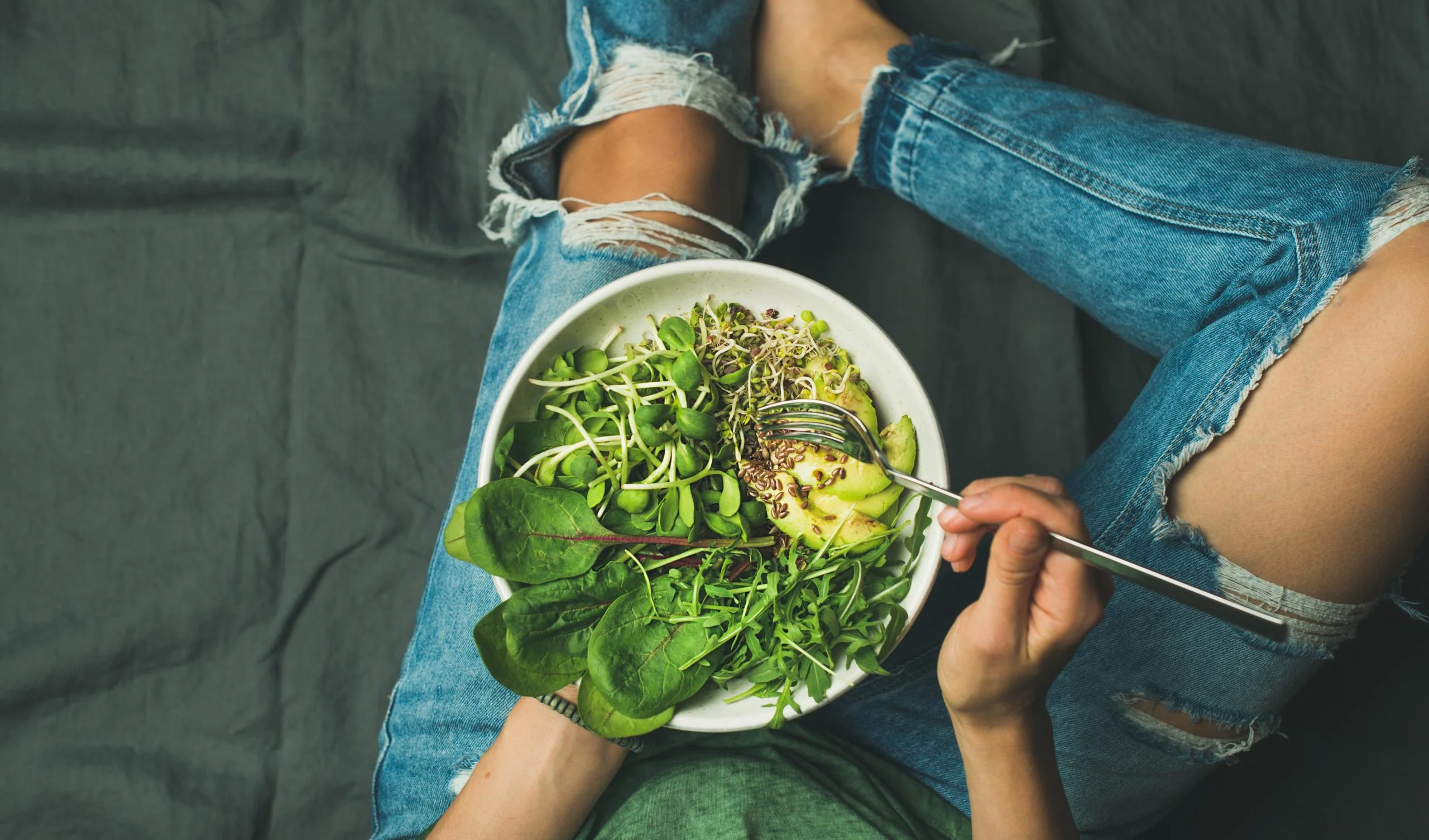
# 4 Abundant Micronutrients
Athletes who follow a vegan diet generally consume much more micronutrients than non-vegans because their meals consist of fresh fruits and vegetables, nuts, legumes, tofu, and/or grains (or pseudocereals). Plant-based foods, especially fruits and vegetables, are packed with vitamins, minerals, and trace elements, as well as many antioxidants that can contribute to protection against free radicals. Additionally, nuts are among the best energy sources for your brain due to their healthy fats, while legumes and pseudocereals are considered fuel for your muscles.
# 5 Vegan Athletes Can Lose Weight Faster
Vegan athletes can lose weight more easily, which is especially beneficial for bodybuilders. While non-vegans struggle with diets after the loading phase, a plant-based diet makes weight loss easier. Calorie counting becomes less of a hassle, especially if you rely more on plant-based proteins, fiber, and healthy fats that satisfy you quickly and for a long time without causing cravings. Another advantage is that a plant-based diet can lower cholesterol levels and contribute to the prevention of cardiovascular diseases, high blood pressure, and diabetes.
# 6 Optimal Hormone Balance Thanks to Plant-Based Nutrition
Vegan athletes generally have a balanced hormone balance as their diet does not include hormones. Many meat and dairy products today contain hormones and antibiotics that could potentially have negative effects on health. When it comes to hormone balance, soy is often mentioned because it contains phytoestrogens, which can increase estrogen levels and potentially lead to „feminization“ in men. However, it’s important to remember that „the dose makes the poison,“ which means that soy, when consumed in moderation, is not harmful to your vegan power.
# 7 Vegan Athletes Recover Faster
Many vegan athletes report being able to recover much faster after training. This is likely due to the increased intake of antioxidants, which can help alleviate oxidative stress. Antioxidants are exclusively found in plant-based foods, which play a leading role in a plant-based diet.
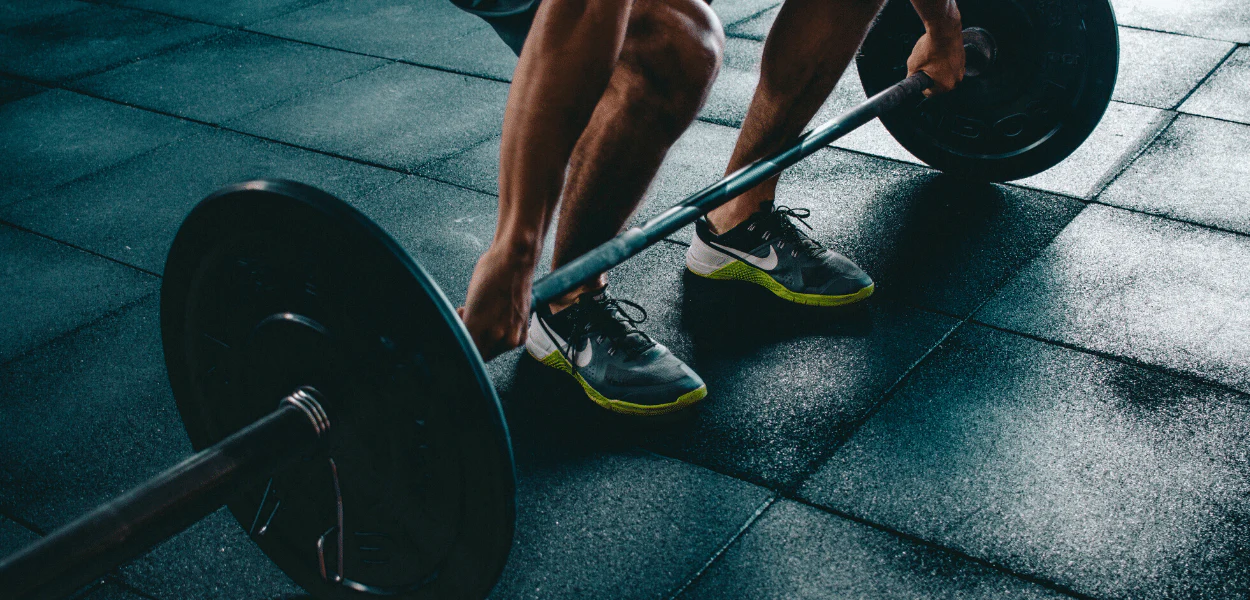
4. Keep an Eye on Critical Nutrients
Despite a balanced and varied diet, vegan athletes are not immune to nutrient deficiencies due to their high level of physical exertion. Some nutrients are often considered critical and should be monitored.
These include, above all:
- B-vitamins
- Magnesium
- Iron
- Calcium
- Omega-3 fatty acids
- Zinc
Supplements can help balance these deficiencies; however, you should also pay attention to the ingredients. They should be natural and vegan to align with your plant-based diet.
5. Conclusion: More Power through Plant-Based Nutrition
Today, there are more and more athletes who follow a vegan diet and feel comfortable with their dietary choice. Due to the variety of foods consumed by vegans, they can optimize their nutrient intake, which can lead to improved performance. Vegan foods are easily digestible, keep the digestive system active, and provide the body with many essential nutrients.
Vegans often consume a much higher amount of vitamins, minerals, and trace elements than non-vegans. Not to mention the healthy fats that can have a positive impact on cognitive performance.
Moreover, plant-based nutrition offers many advantages, not only for health but also for the environment. The myth that vegan athletes cannot build muscles has long been debunked by one of Germany’s strongest men. However, vegan athletes may still rely on supplements when the physical demands are high and the need for nutrients increases.

